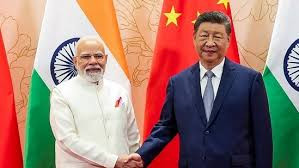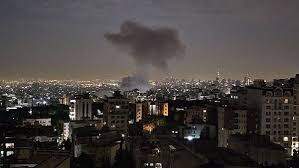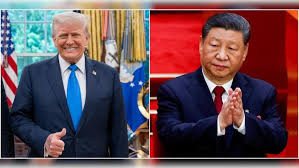Crossing Borders, Creating Ripples: How Illegal Immigration Fuels Economic and Political Strains Worldwide

Illegal immigration has long been a contentious issue, but in today’s interconnected world, it has taken on a far more complex and pressing dimension. Both developed and developing nations are grappling with the multifaceted consequences of unauthorized migration. Far beyond the images of people crossing borders in desperation lies a story of economic burden, political polarization, strained public resources, and growing national insecurity.
Illegal immigration is not a problem exclusive to one hemisphere or political ideology. From the United States and Europe to parts of Asia and Africa, governments are struggling to address the rising tide of undocumented migrants entering their territories. In many developing countries, porous borders and weak law enforcement allow traffickers to operate with near impunity, funneling people toward perceived lands of opportunity. For developed nations, these influxes pose significant challenges to domestic policy and public sentiment.
One of the most immediate effects of illegal immigration is on the economy. In developed countries, undocumented migrants often fill low-wage jobs, many of which are in construction, agriculture, and domestic labor. While some argue that this fulfills a market need, the shadow economy it supports results in lost tax revenues and pressures legal labor markets. Employers may exploit illegal workers, paying them below minimum wage and bypassing legal protections. This practice not only devalues labor standards but also undercuts native workers, leading to resentment and division.
For developing nations, the economic impact is no less severe. Countries like India, Bangladesh, and parts of Central and South America face an exodus of people due to poverty, unemployment, and internal conflicts. The departure of large numbers of citizens—many of whom are young and capable—results in a "brain drain" that weakens the local economy and workforce. Meanwhile, the families left behind often rely on remittances, which, while providing temporary relief, do little to address systemic issues at home.
Beyond economics, the political ramifications of illegal immigration are profound. In many developed nations, it has become a lightning rod for populist rhetoric. Politicians exploit fears of job loss, cultural dilution, and security threats to rally voters. From Brexit in the UK to immigration bans in the U.S., policy-making around illegal immigration has become increasingly aggressive and divisive. This polarization weakens social cohesion and often leads to the marginalization of immigrant communities, even those who are legally present.
Security concerns also cannot be overlooked. Influxes of undocumented migrants can overwhelm border patrol and law enforcement agencies. While the vast majority of these individuals are simply seeking a better life, the lack of documentation and screening opens the door for criminal activities, including human trafficking, drug smuggling, and potential terror threats. Developing nations often lack the infrastructure to even begin addressing these security lapses, further compounding the issue.
Public services are another pressure point. Schools, hospitals, and housing systems in both rich and poor countries face increased demand when illegal immigrants settle in large numbers. In cities where budgets are already strained, this leads to declining quality of life and rising public frustration. In some cases, resentment toward immigrants grows not out of xenophobia but from the very real perception that resources are being stretched too thin.
Illegal immigration is a humanitarian issue as much as it is an economic or political one. Many migrants are fleeing unthinkable conditions—war, famine, political persecution. However, the burden of their movement often falls disproportionately on nations ill-prepared to absorb them. Solutions must be multilayered, involving stronger border controls, international cooperation, investment in source countries, and fairer legal migration pathways.
The global community must resist the temptation to reduce this issue to soundbites and slogans. Illegal immigration is a complex, deeply rooted phenomenon with far-reaching implications. Only through thoughtful, coordinated action can nations hope to balance compassion with sovereignty, and order with opportunity.
You might also like!















